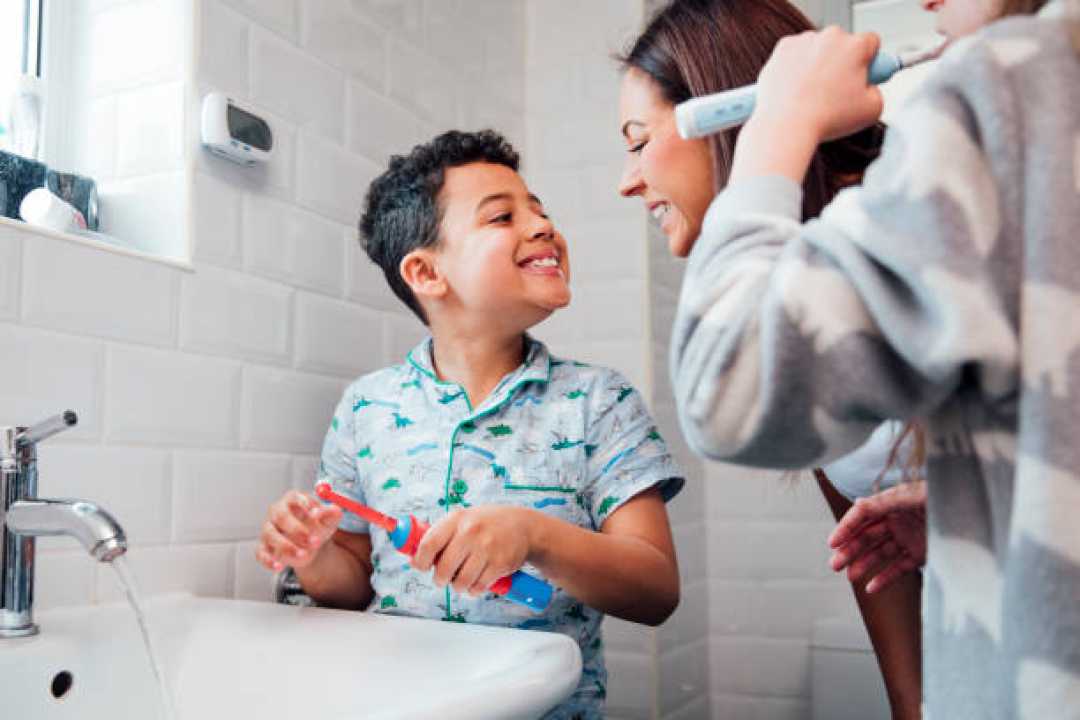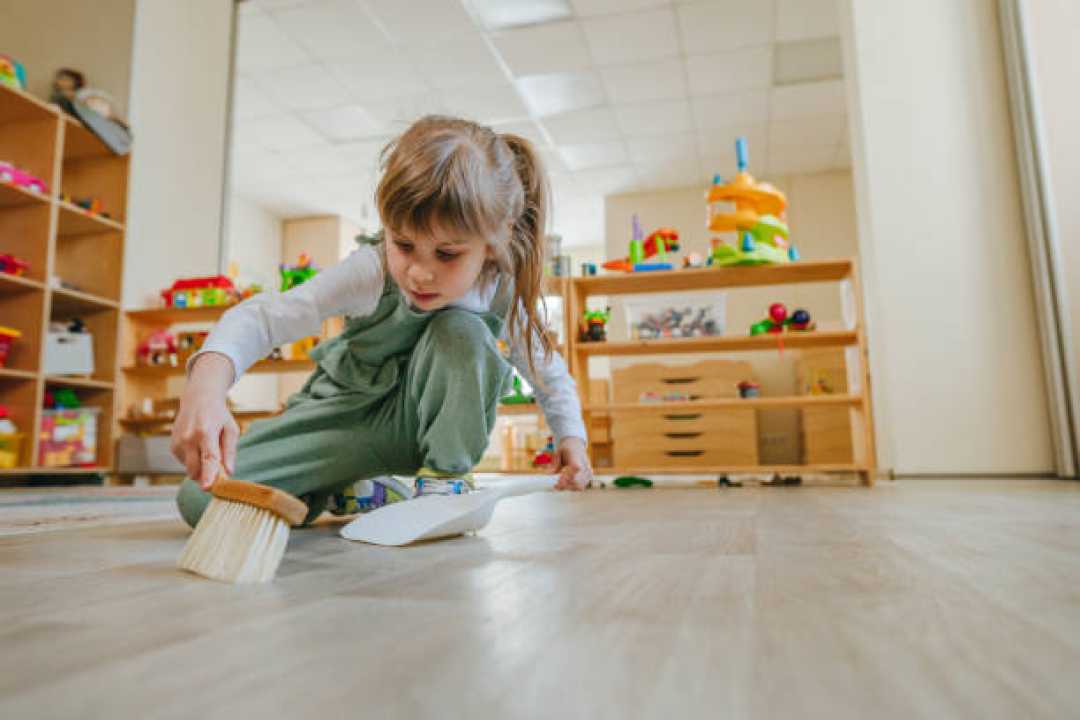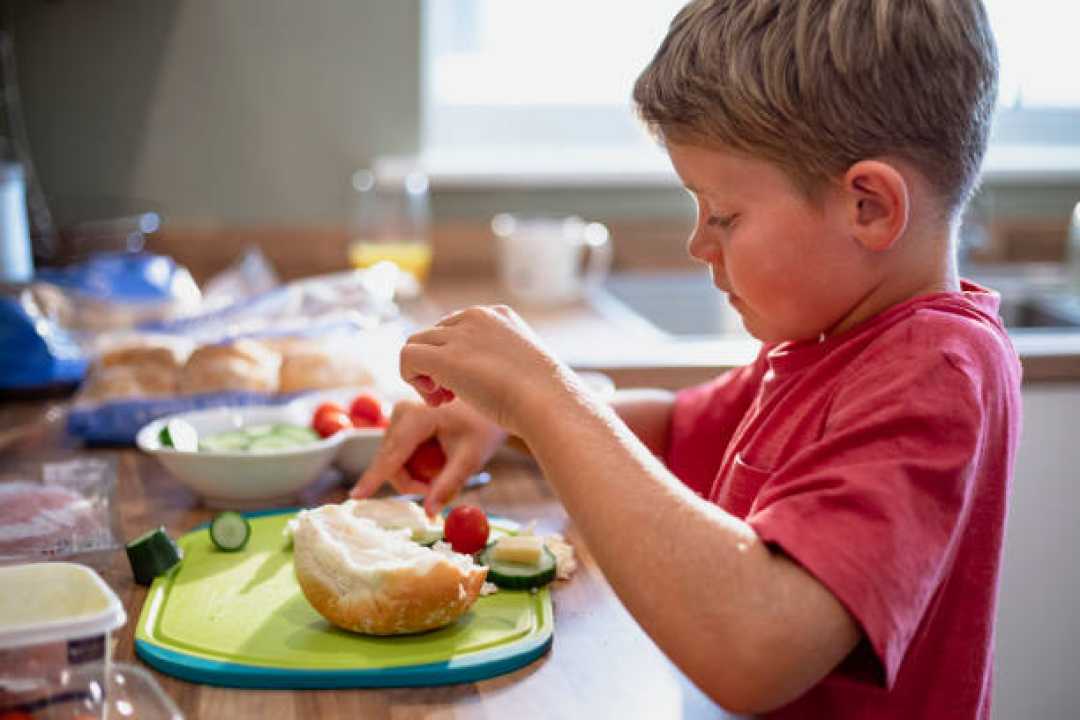Top 11 Life Skills Every Parent Must Teach Their Kids

Are you preparing your child for independence? Teaching your children life skills is not only important for self-care and independence, but also helps them feel independent, use their social and reasoning abilities, and develop healthy self-esteem. While you may want to keep your children small forever, helping them grow into responsible adults is part of our job as parents.
This list of life skills will help your child prepare for every stage of life, from preschool to chicken raising. You can develop many of these skills from a young age, but adjust your expectations as your child grows. The more they practice their skills, the more independent they will become. Here is a list of top 11 Life skills every parent must teach their kids.
Life Skills Every Parent Must Teach Their Kids
- Decision-making skills
- Independence
- Basic Hygiene
- Cleaning and chores
- Meal preparation
- Basic First Aid
- Solve problems and learn to cope
- How to interact appropriately with people
- Money management and financial literacy
- Self-Defense Skills
- Time management skills
1. Decision-making skills
You may not realize that young children's decision-making skills need to be learned. Making independent decisions is an important skill to learn so that when your child grows up, they can confidently make decisions without relying on anyone else.
Give young children plenty of opportunities to make decisions like what to wear during the day, what to eat for snack, etc.
Natural consequences, like choosing shorts on a winter day or choosing a fruit snack and feeling hungry again, will help reinforce the right decisions to make. Children like to feel in control and have choices instead of just being told what to do.
READ ALSO » Top 10 Skills Every Man Should Know
In elementary school, children will decide who to make friends with, what activities to participate in, how to spend their time, and more. Teens will decide how to spend their money, who to hang out with, what they want to do in the future, etc. This will instill confidence in young people when deciding on college, career, life partner, etc.
2. Independence

Independence is another skill that you may not realize needs to be taught to your child. As a parent, it's easy to complete tasks for your children because it's faster, less complicated, less stressful, etc. But if we want our children to become strong, independent adults, they need opportunities to develop this skill.
Students must be able to complete tasks on their own, complete schoolwork, clean their own room, and be responsible for their own belongings.
Provide your child with independent opportunities so they can succeed and gain confidence. Typically between the ages of 10 and 13, your child is ready to be home alone for short periods of time as they gain independence and you gain confidence that they can be safe on their own.
Your child will need to know how to support themselves when they go to college or move away. A great way to practice independence before this stage is to let your child schedule his or her own doctor's and dentist's appointments as well as other important health-related appointments. Before going to college, make sure your child has mastered these six life skills.
3. Basic Hygiene

Teaching children hygiene skills will take varying levels of supervision depending on your child's age, but ultimately, you want them to be able to take care of their personal hygiene without must request to do so.
Basic personal hygiene suggestions for young children include getting dressed, brushing teeth, washing face, bathing, combing hair, and determining when to wash clothes. Tweens and teens will have additional personal hygiene skills they need to master as they enter puberty, such as learning when to start using deodorant.
4. Cleaning and chores

READ ALSO » Top 10 Good Qualities Only Women Can Teach You
Getting kids to do chores doesn't have to be a struggle or a punishment. Having children help around the house not only makes life easier for parents, but can also be an enjoyable and enriching activity for children.
To start asking your children to do chores without getting into a fight, remember to choose age-appropriate tasks and encourage them when they do a good job. Some parents may want to give their children an allowance for completing chores, but money doesn't have to be the only reward.
You can start with really basic tasks that will not only help you around the house but will also teach your children what it takes to keep a neat and tidy home. Create a checklist or chore chart to set expectations based on how you need your child to contribute to the family. Then have your child earn stickers or an extra hour of play based on the tasks they complete.
Some suggestions that increase with age are helping put away toys, putting dirty clothes in baskets, clearing plates after meals, helping set the table, dusting easily accessible places, feeding pets, washing dishes, vacuum, make your own bed, sweep and take out the trash.
As your child grows older, often into his teens, you can introduce him to using the washing machine, using household cleaning products safely, getting gas, mowing the lawn, and helping help with household chores. Teaching children practical skills means you can send them off with the confidence of knowing they can handle things on their own.
5. Meal preparation

Learning to cook for yourself will help children succeed as adults. Even though it's basic, being able to prepare your own meals is a huge life skill. Around age 6 or 7, children can begin participating in meal preparation and learn how to mix, stir, and cut with a dull knife, prepare a basic meal, such as a sandwich, and put away groceries. There are many kid-friendly recipes to help children learn basic cooking skills.
As your children gain confidence in the kitchen, help them learn how to follow a recipe and prepare a simple meal for family dinner. Teens can help them choose meals, make shopping lists, and use the oven. Parents of teens will love being assigned one night each month or week for the kids to do kitchen duties.
6. Basic First Aid
Basic first aid, including knowing how to call 911, is an important life skill to learn. Whether your child is injured in your absence or witnesses an emergency, it is essential to have the skills and ability to manage the situation until help arrives. Before children are allowed to stay home alone, make sure they know your address and phone number. Talk about what's in the first aid kit and its location in the house. Basic lessons on fire safety, cleaning and bandaging are all essential first aid skills that children should know.
READ ALSO » 7 GOOD MANNERS TO TEACH YOUR CHILDREN
Practice role-playing by calling 911 and remaining calm until help arrives. Anything you can do to give your child confidence in stressful situations will set him up for future success. In order for your child to be able to take care of a baby or neighbor, you need to trust his or her ability to provide basic first aid.
7. Solve problems and learn to cope
Problem solving and coping are skills that even adults have difficulty with. Resilient children become resilient adults, and in an ever-changing world, this can be essential. Practice problem solving and handling challenges appropriately in everyday situations. Children may feel frustrated at first, so teach them how to manage their emotions and take challenges one step at a time.
Be patient and maintain a positive attitude to help children learn to persevere through difficult times. One of the best ways to develop resilience and adaptability is to model appropriate behavior. When things don't go your way, remember that your little ones are watching your every move. It can be difficult to practice what we preach, but now is the perfect time to do it.
8. How to interact appropriately with people
We live in an age where being open, tolerant and polite can go a long way. Teach your child how to address people respectfully, especially good manners (please and thank you), be patient with others, tip service providers, stop and block doors, offer offer help and support when they encounter someone in difficulty and have to restrain themselves. grateful. The saying “treat others as you would like to be treated” is the perfect motto when it comes to interacting appropriately with other children and people.
Teaching children manners will help them impress teachers and prepare them for future success in the job market. When you teach your children table manners, how to keep their mouths shut, and how to share with others, grandparents will be impressed by your child's politeness at the holiday table!
9. Money management and financial literacy
You can start being financially aware at an early age and develop these essential skills as your child grows up. Learning the value of a dollar, spending versus savings, how to identify bills and coins, and how to earn money are all useful skills.
Before your child heads off to college they should have a basic understanding of finances, and be able to manage his bank account, pay a bill and use a credit card. While many people and families find the topic of money taboo, the more open and honest you are with your child, the more responsible they will become.
10. Self-Defense Skills

A skill you don't want your child to have to use, but self-defense is extremely important for youngsters to have a basic understanding of. Self-defense classes for kids have become more popular as parents worry about protecting their kids from being abducted or kidnapped. Basic self-defense tactics, including learning how to verbally de-escalate a situation, are also useful for kids to defend themselves against bullies and feel more secure.
Whether you worry about your child being approached by a stranger when walking home from school or a teenager with a job that keeps them out after dark, having self-defense skills will put your mind at ease and give your kid the confidence they need to stay safe.
11. Time Management Skills
Time management is a skill that is always going to be important, so getting started early is key. Kids these days are busy, from school, homework, athletics, extracurriculars, family time, and wanting to be with friends, they are pulled in a ton of different directions.
And that doesn't change as they get older, we as parents know how much we have to juggle. Work on creating reasonable routines, block schedules, priorities, and time limits. Once your child has mastered everything, give them the freedom to manage their time while you intervene when necessary
